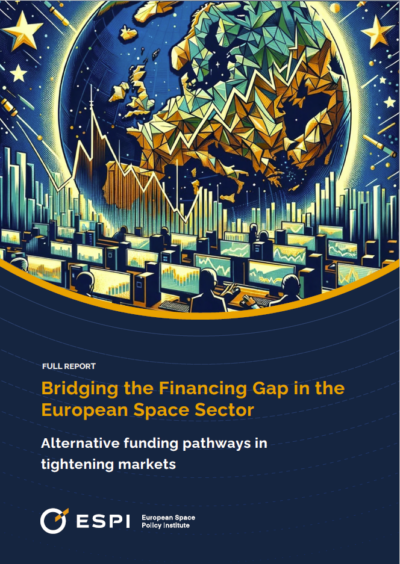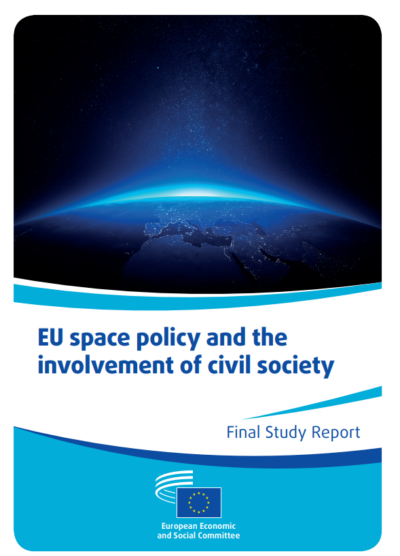An increasing number of startups are unable to progress to subsequent funding rounds despite the overall growth in sector investment. Pointing to a potential challenge in the scalability and sustainability of these startups, the question arises for both the public and private sectors: which entity or asset class can fill in these developing funding gaps?
The European space sector stands at a crossroads shaped by evolving economic and financial landscapes. Over the last two decades, the sector has witnessed a shift from traditional government-heavy investments to a more dynamic ecosystem increasingly complemented by private equity, venture capital, and other diverse financial instruments.
These changes, influenced by global macroeconomic conditions and policy shifts, have not only redefined investment strategies but also posed new challenges and opportunities for space ventures. From the impact of monetary policies on high-risk investments to the roles played by space agencies and other public institutions in fostering innovation, this report offers a comprehensive overview of the financial underpinnings that drive the development of the European space sector.
In this report, ESPI delves into the intricacies of investment trends, funding mechanisms, and offers strategic recommendations informed by the current and future state of financing in the sector. The report examines alternative financial mechanisms and vehicles, beyond venture capital and established public programmes, laying out a roadmap of strategic recommendations to navigate the complexities of this evolving sector.
This ESPI Report is a public version of a study developed under contract with the European Space Agency’s Directorate of Commercialisation, Industry and Competitiveness in 2023. ESPI would like to express appreciation to the ESA Ventures and Financing Office. The findings and recommendations expressed in the study are those of the authors and do not necessarily represent the views of ESA.





